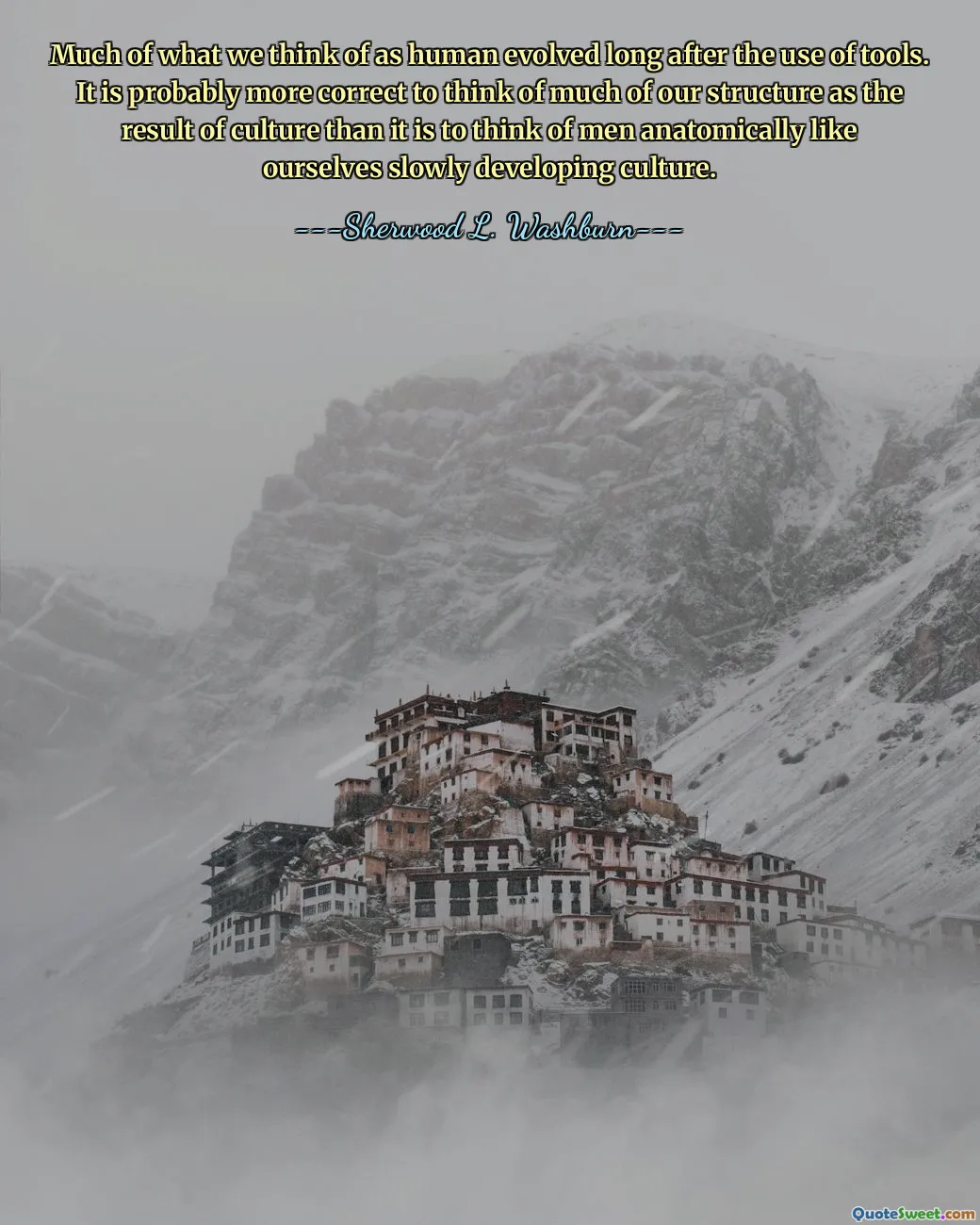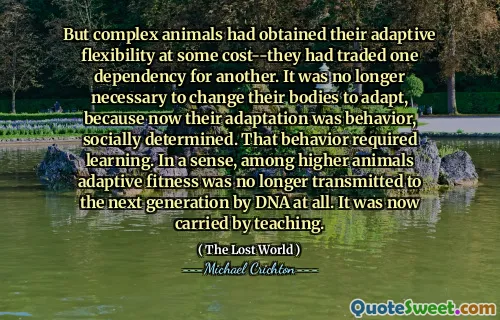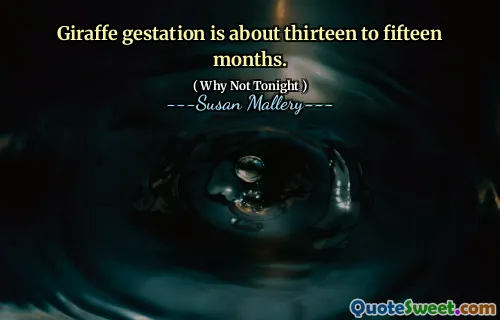
Much of what we think of as human evolved long after the use of tools. It is probably more correct to think of much of our structure as the result of culture than it is to think of men anatomically like ourselves slowly developing culture.
This quote emphasizes the profound influence of culture on human development, surpassing mere biological evolution. It challenges the traditional view that our physical form and innate behaviors are the primary determinants of what makes us human. Instead, it highlights how cultural factors—such as language, social norms, technologies, and customs—have played a crucial role in shaping our identity over time.
Humans are unique among species for their capacity to transmit learned behaviors across generations, creating complex societies and innovations that define our existence. The development of tools was a pivotal moment, but the evolution of our cognitive abilities, social structures, and cultural practices arguably had a more significant impact on our emergence as a distinct species.
This perspective encourages a broader appreciation for the plasticity of human nature—our physical traits are relatively static, but our behaviors, beliefs, and societal constructs are remarkably adaptable and heavily influenced by cultural evolution. It suggests that to truly understand humanity, we must look beyond biology and consider the cultural contexts that continuously shape our brains, relationships, and identities.
Moreover, it prompts reflection on current societal development, where culture and shared knowledge drive progress more than biological change alone. Considering this, we recognize that our future evolution may increasingly depend on cultural and technological innovations, reinforcing the importance of nurturing positive cultural shifts for a better future.
This idea also invites us to examine the ways in which culture can influence human biology—such as how societal values impact health, or how social environments can shape cognitive development. Overall, it underscores the intertwined nature of biology and culture in crafting human history and identity.









